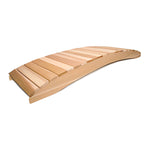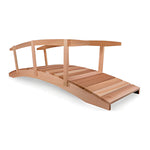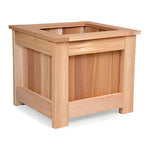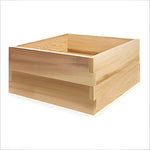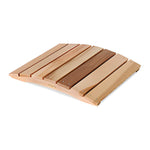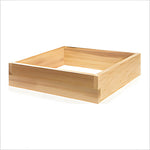You have no items in your shopping cart.
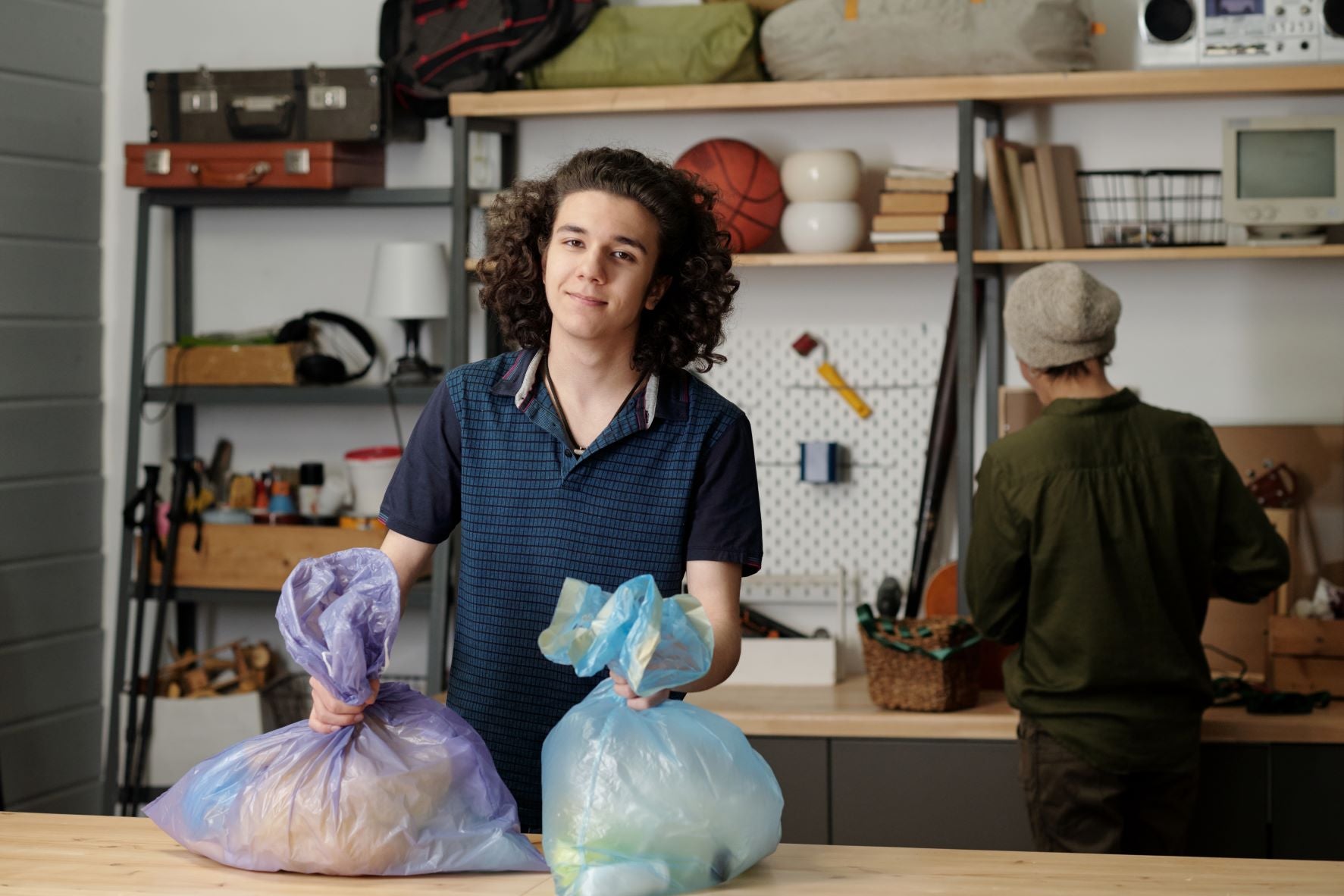
As a homeowner, your garage provides you with a great resource when it comes to saving on storage space in your house - but that doesn’t mean that everything can be stored there!
It’s important to remember that your garage is subject to more extreme temperature fluctuations than the interior of your home, and is also more vulnerable to invasion by insects, pests, and a variety of scavenger animals.
For these reasons, it’s essential to be quite particular about what you keep in your garage, especially if you live in a rural area where animals roam free.
In the following guide, we’re going to run through 15 items that should always be kept out of your garage in the long-term, as well as those that can be safely stored in your garage all year round. Let’s get started.
What not to store in garage
As mentioned above, temperature fluctuations and an increased vulnerability to pests means that your garage can’t be a one-stop-storage facility for every item in your home. So, what should you keep out of your garage? Here are just a few common household items that should be kept exclusively in your home:
Food
This one’s slightly obvious, but we’re obliged to mention it nonetheless! You should never keep food and drink in your garage, as this will attract hungry pests and scavenger animals such as foxes and rats. Even when it comes to canned goods, it’s best to refrain from keeping them in your garage; the temperature changes from outdoors can provoke the growth of certain bacteria, both ruining your long-life food items while also attracting further pests.
Can I keep a freezer in my garage?
In some cases, you can keep a freezer in your garage - this can be useful if you’re trying to maximize space in your home kitchen. However, you’ll want to make sure that it’s firmly secured, and kept away from any garage windows or warm appliances - proximity to heat can result in an increase in temperature within the freezer itself, which can ruin your frozen foods. However, if your garage overheats and is prone to excess humidity, we’d recommend keeping any plug-in appliance out of your garage.
Alcohol
Another item to never store in your garage is alcohol! While the movies might imply differently “let me grab a cold beer from the garage!”) , storing alcohol in your garage leaves your beverages vulnerable to taste and texture changes associated with temperature fluctuations. If you don’t want to ruin your favorite Château Pichon, keep it in a cupboard in the kitchen, or in a wine cooler in your home!
Paint
Similarly to alcohol, leaving paint in your garage means exposing it to fluctuating temperatures, and this can ruin the paint’s consistency. While it might feel counterintuitive to store your paint in your home as opposed to your garage, you can still keep it out the way in your home by storing it in an airy cupboard or a spare room.
Pet food
While many homeowners prefer to keep their pet food out of their home, pet food has an incredibly strong odor, making it easy for scavenger animals and pests to sniff it out, enter your garage and tear it open. Plus, pet food can easily spoil in unregulated temperatures, which can lead to your animals getting sick. Rather than storing pet food in your garage, store it in an airtight container (along with the packaging it came in) in a cupboard in your home.
Valuables
Unless you’ve installed secured garage cabinets (complete with locks or codes) you don’t want to keep your valuables in your garage for long periods of time. Theft from a garage is typically easier than burgling your home, so keep all your valuable belongings safely locked up in your house.
Mattresses
Mattresses are one of the easiest spots for insects, mold, moisture and mildew to all gather for one big textile-ruining party; rather than store your mattress in your garage, it’s much better to either recycle it or donate it.
Wooden furniture
The excess heat, humidity and moisture can ruin antique wooden furniture; humidity and heat changes can cause the wood to crack and bend, and these changes are often irreparable.
Books
We all have too many books already, right? (And no matter how many are left unread, we’re still going to buy more!) While some homeowners like to stash these in their garage to free up space in their home, it’s best to avoid doing this; the extra moisture and heat in your garage can end up curling the pages.
Rugs and other textiles
Don’t want to throw out last year’s pair of curtains? You shouldn’t store them in your garage - the excess heat, moisture and mildew can ruin the fabrics, causing discoloration, fading, and a breakdown of the fabric’s fibers.
Clothes
While this technically falls under “textiles”, we’re going to cover it nonetheless; you should never keep clothes in your garage! Not only can the fabrics break down and become faded or discolored due to heat changes, but your clothes can also pick up an unpleasant odor - think mold and mildew!
Propane
A propane tank is a fire hazard when stored both in your home and garage, but the increased heat and humidity in your garage makes it more dangerous - especially if you have flammable aerosols or cleaning solutions stored in your garage.
Electronics
Not storing electronics in your garage isn’t just about keeping them in working condition - if moisture seeps into electronic appliances, this can cause electrocution if the appliance is plugged in. Never store electronics in your garage, and don’t sell electronics that have been sitting in your garage for years at a time - they might not be safe to use.
Photos
When exposed to excess heat and moisture, photos can fade over time - protect your memories by keeping them in photo albums or boxes in your home.
Toys
Whether it be mold or moisture damage, insect and pest contamination, or electrocution risks posed by electronic toys, it’s best to keep your children's toys out of your garage. If your child has outgrown their formerly favorite belongings, you can store some as keepsakes in your home, while also encouraging your little one to donate the rest to charity or recycle them. Good habits start young, after all!
Plywood
Plywood can change shape when subjected to intense heat fluctuations, so while it might be intuitive to store it in your garage, try not to keep it there for extended periods of time.
Key takeaways
While your garage can offer you plenty of space and help you free up room in your home, it’s important to ensure that what you store won’t pose any danger to your home, nor encourage pests or stray animals.
The key is to optimize your garage space efficiently: NewAge Garage Cabinets are designed with space optimization in mind, and can hold up to 1,000lbs in weight, with fully lockable doors and compartments.
FAQs
What is safe to store in garage?
You can keep outdoor toys, car supplies, work tools, and gardening tools in your garage. If you have climate-controlled storage or large garage cabinets, you’ll have greater flexibility over your storage options.


